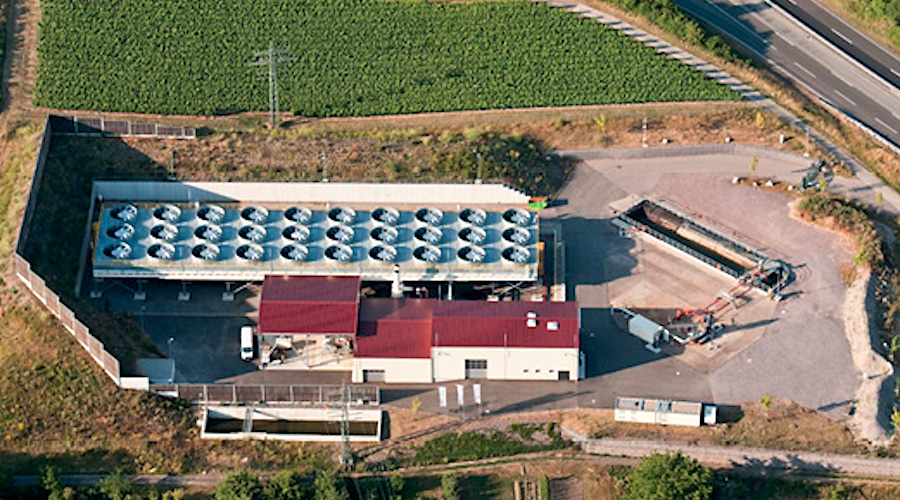Vulcan Energy to mine 60% more German lithium than planned


Vulcan Energy (ASX: VUL), one of the very few lithium miners in Europe, said on Monday it plans extract enough lithium to supply up to 500,000 electric vehicles (EVs) a year to help the local industry transition from combustion engine to battery power.
The Australian miner now aims to produce 24,000 tonnes of lithium hydroxide monohydrate (LHM) per year by 2027, according to the definitive feasibility study for the first phase of its CO2-free lithium project in the Upper Rhine Graben.
The figure represents a 60% increase when compared to the preliminary feasibility study’s 15,000 tonnes estimate and it responds to soaring demand for the battery metal on growing EV sales.
The Perth-based company is also aiming to raise €1.5 billion ($1.6bn) for capital expenditure — double previous estimates — to expand the extraction of lithium hydroxide and build commercial plants for its yet to be validated technology.
Vulcan noted its production costs per tonne of lithium hydroxide monohydrate (LHM) will be around €4,359 ($4,663 p/t). This compares to a cost per tonne of over €5,000 ($5,345) in other regions “such as Latin America”, it said.
The company said the estimations were based on technical data from its operating geothermal plants and lithium pilot facility.
The Upper Rhine valley in Germany's southwest is believed to hold one of Europe's largest lithium reserves. That's potentially a much needed boon for the country’s plans of mining raw materials at home to help with its green transition.
Berlin announced in January it aimed to have 15 million EVs on the roads by 2030 and supply 80% of its electricity from renewable energy.
The International Energy Agency (IEA) has said that EVs need to account for 60% of vehicles sold annually by 2030, if net zero targets are to be reached by 2050.
Germany’s plans for green energy sources and EVs follows the European Commission push to lower the bloc's dependence on China and Russia, with a Critical Raw Materials Act expected in March.
It also comes head of an EU-wide ban on the sale of new fossil-fuel-powered cars by 2035.
Automakers Stellantis, Renault and Volkswagen have all signed supply agreements with Vulcan. Belgian materials firm Umicore has also sealed a deal with the company.
Comments